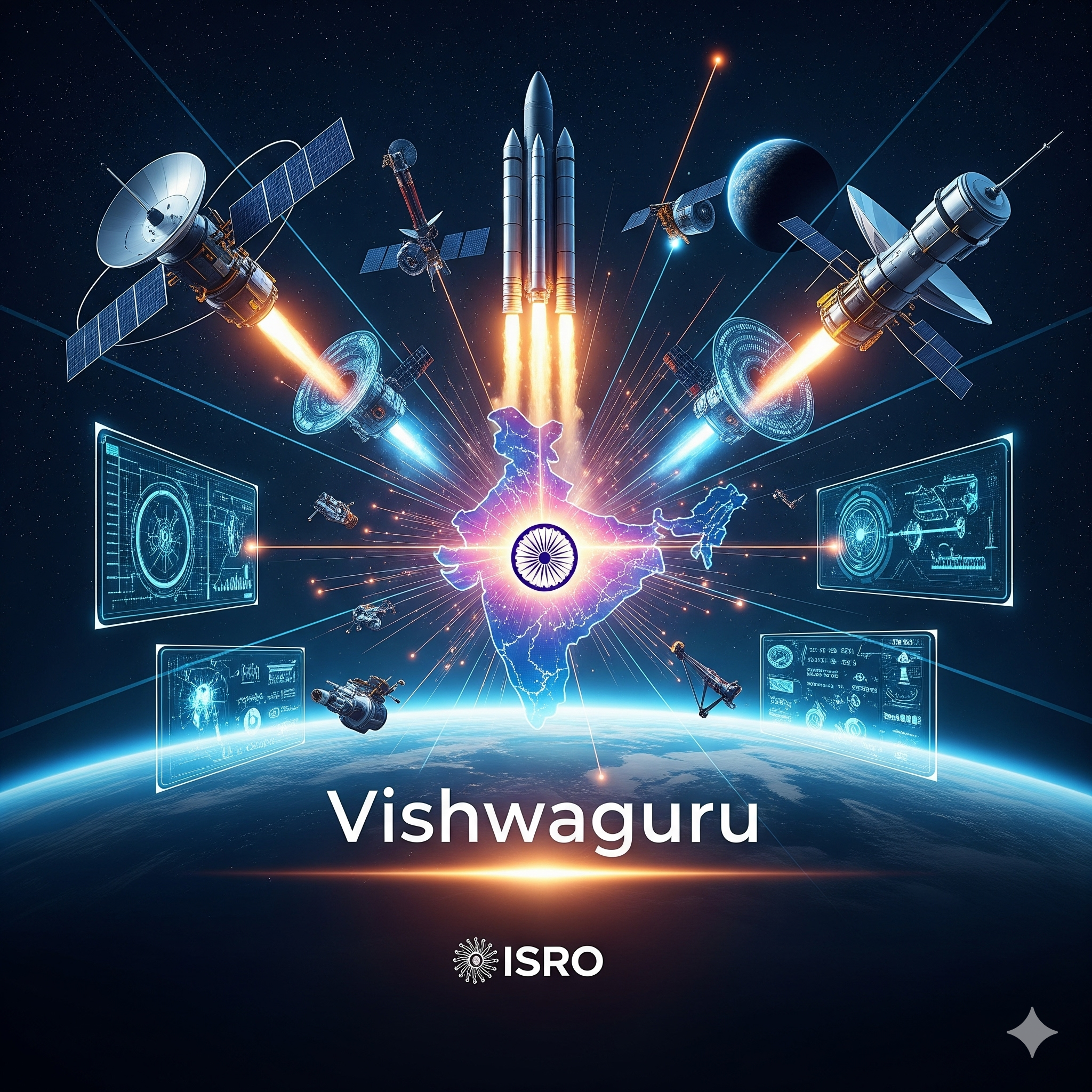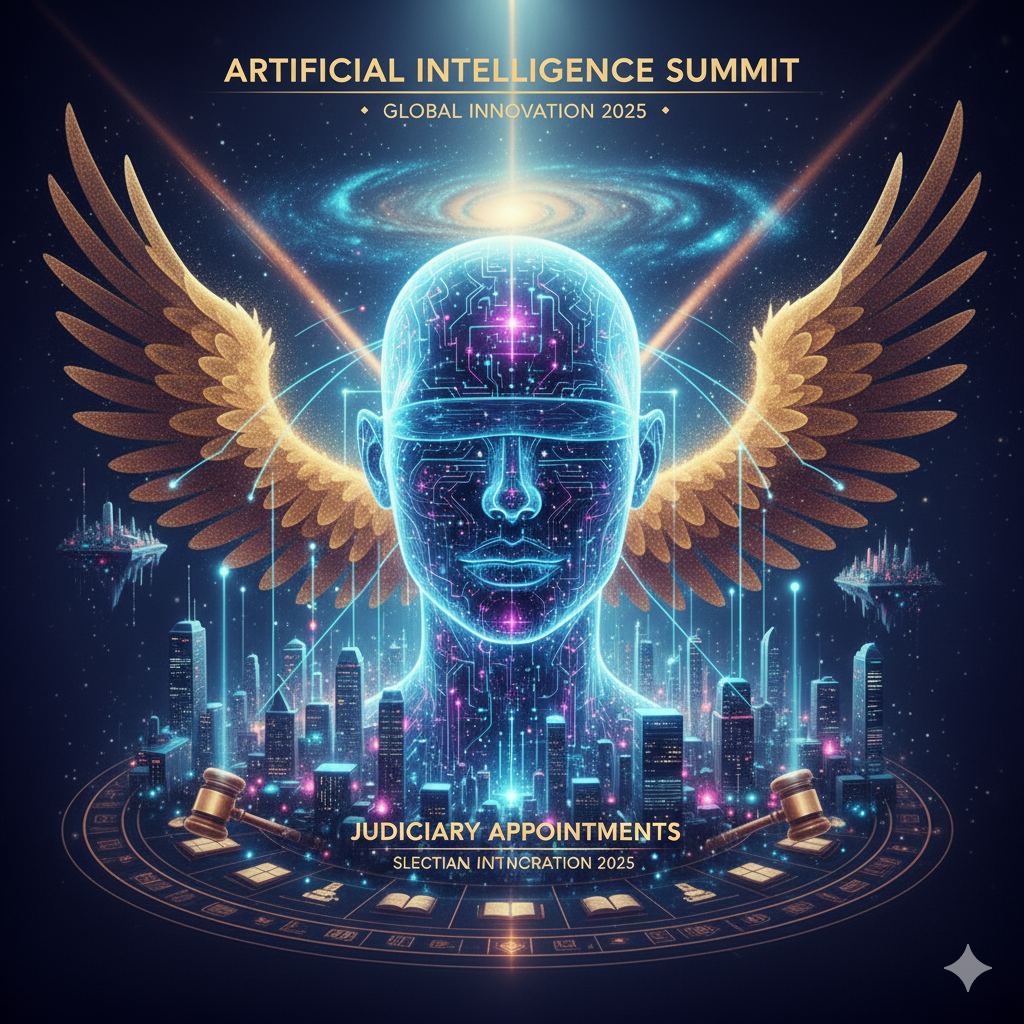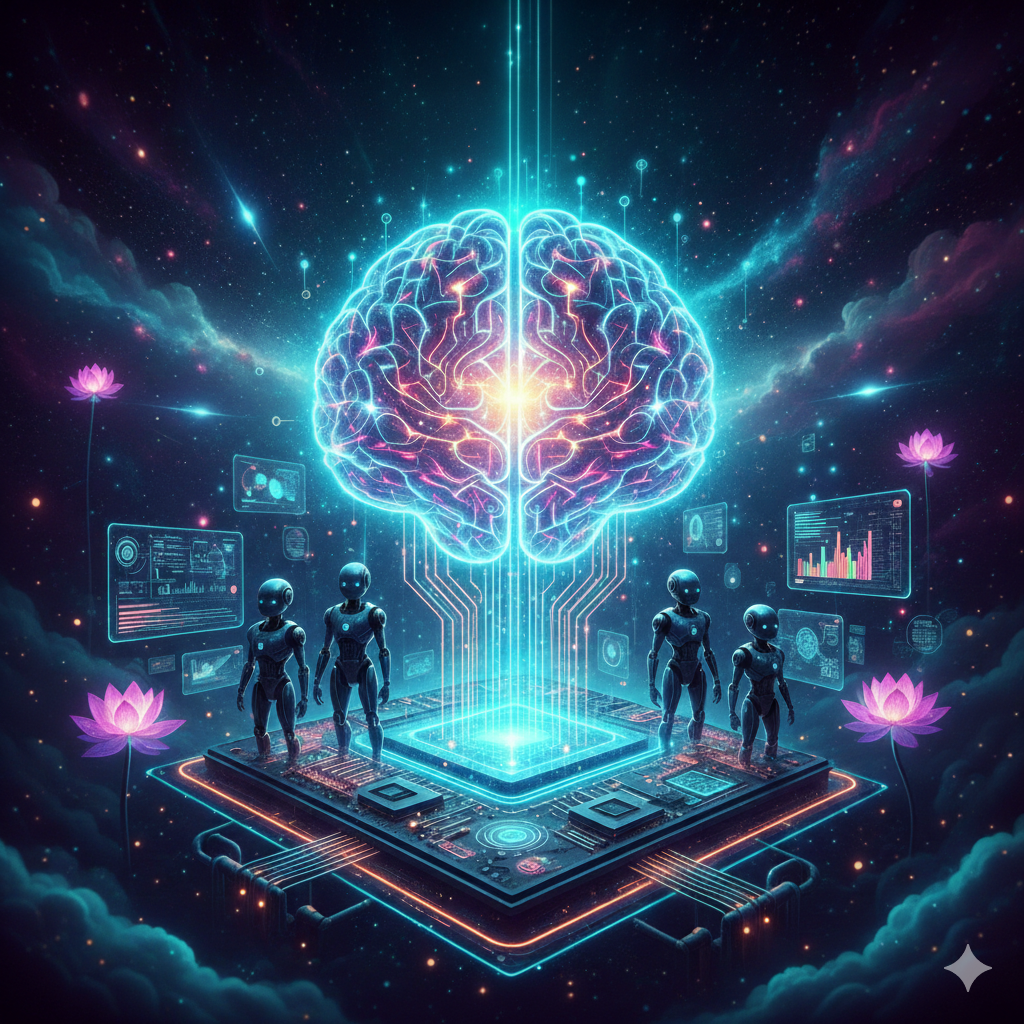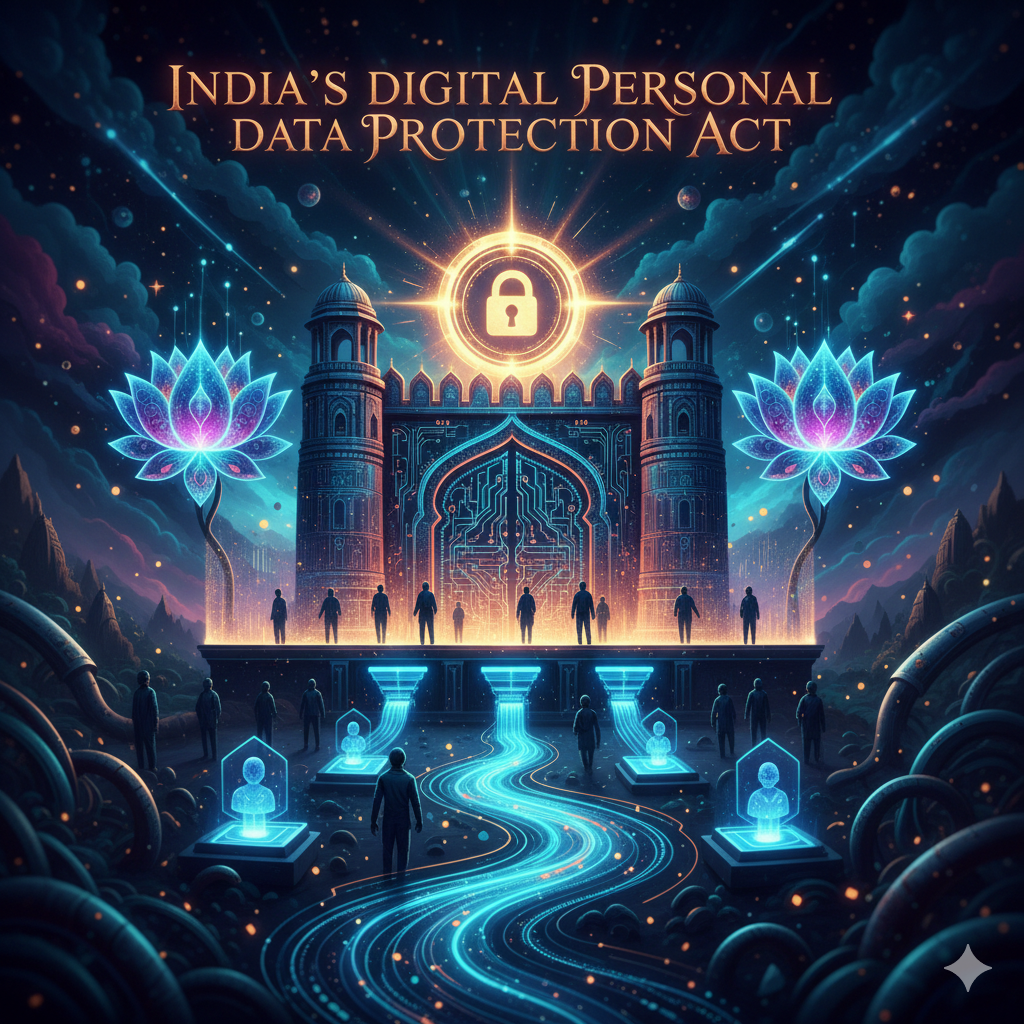Introduction
In the 21st century, global leadership is increasingly defined by technological prowess, innovation, and scientific research. India, with its rich civilizational knowledge and modern scientific achievements, is emerging as a Vishwaguru—a world teacher—in the domains of technology, space exploration, and cutting-edge research. By blending ancient wisdom with contemporary innovation, India has positioned itself as a leader capable of shaping global technological trends while promoting sustainable and inclusive development.
This article explores India’s contributions to science and technology, highlighting the Indian Space Research Organisation (ISRO), advancements in artificial intelligence (AI), and other pioneering research initiatives that establish India as a global innovation hub.
1. Historical Foundations of Scientific and Technological Knowledge in India
India’s modern achievements are rooted in centuries of intellectual and scientific inquiry:
a. Ancient Scientific Knowledge
- Mathematics: Concepts such as zero, the decimal system, algebra, and trigonometry laid foundations for global science.
- Astronomy: Ancient astronomers like Aryabhata and Bhaskara accurately predicted celestial events, eclipses, and planetary motions.
- Medicine: Ayurveda and surgical innovations by Sushruta advanced medical science with practices like reconstructive surgery and herbal therapeutics.
- Metallurgy and Engineering: The Iron Pillar of Delhi and ancient step wells demonstrate advanced material science and engineering.
b. Knowledge Transmission and Global Influence
- Indian mathematics and astronomy influenced the Islamic Golden Age, eventually impacting the European Renaissance.
- Indian medicinal and environmental knowledge informed practices across Asia and the Middle East, establishing India as a historical Vishwaguru in science.
These foundations reflect a culture of inquiry, experimentation, and innovation that continues to inspire modern scientific progress.
2. Post-Independence Science and Technology Vision
After gaining independence in 1947, India recognized science and technology as crucial pillars of nation-building.
a. Institutional Framework
- Establishment of Indian Institutes of Technology (IITs), Indian Institute of Science (IISc), and Council of Scientific and Industrial Research (CSIR) to nurture innovation.
- Creation of Indian Space Research Organisation (ISRO) in 1969 under Dr. Vikram Sarabhai, laying the foundation for space exploration.
- Atomic Energy Commission and nuclear research institutions to ensure energy security and scientific self-reliance.
b. Scientific Temper and Policy
- Constitution of India promotes a scientific temper, encouraging rational thinking, innovation, and evidence-based decision-making.
- National policies prioritize research, higher education, and technology-driven development, positioning India for global leadership.
3. Indian Space Research Organisation (ISRO): A Global Benchmark
ISRO has emerged as a symbol of India’s technological excellence, achieving world recognition for its cost-effective and innovative space missions.
a. Historical Milestones
- Aryabhata (1975): India’s first satellite, marking the beginning of the space program.
- Rohini Satellite Series: Pioneered Earth observation and meteorological research.
- SLV, ASLV, PSLV Programs: Developed indigenous launch capabilities, ensuring self-reliance.
b. Landmark Missions
- Chandrayaan-1 and Chandrayaan-2: Lunar exploration missions that discovered water molecules on the Moon, advancing global scientific knowledge.
- Mangalyaan (Mars Orbiter Mission, 2013): India became the first nation to reach Mars orbit in its maiden attempt, demonstrating innovation and efficiency.
- Chandrayaan-3 (2023): Achieved a successful soft landing near the Moon’s south pole, a first in global space history.
- Commercial Satellite Launches: ISRO has launched satellites for over 40 countries, showcasing India’s leadership in affordable space technology.
c. Future Prospects
- Gaganyaan Mission: India’s human spaceflight initiative, aiming to establish capabilities in crewed space exploration.
- Deep Space Missions: Planned missions to asteroids, Venus, and beyond will position India as a global hub for space research.
4. Artificial Intelligence and Digital Innovation in India
AI and digital technologies are transforming global economies and governance. India is harnessing these tools for inclusive growth and global collaboration.
a. AI in Governance
- AI-powered platforms streamline public services, healthcare, and agriculture.
- Initiatives like National AI Strategy and Responsible AI Guidelines emphasize ethical and sustainable technology use.
b. AI in Industry and Economy
- India has become a hub for AI startups, addressing challenges in fintech, healthcare, smart cities, and logistics.
- Global tech companies collaborate with Indian research centers to develop cutting-edge AI solutions.
c. Education and Research
- AI-focused programs in IITs, IISc, and private institutions train a skilled workforce, preparing India to contribute to global AI governance and innovation.
5. Cutting-Edge Research and Innovation
India’s technological prowess is not limited to space and AI but spans multiple high-tech domains:
a. Biotechnology and Healthcare
- India is a global leader in vaccine production, affordable medicines, and biotechnology research.
- Initiatives like COVID-19 Vaccine Maitri demonstrated India’s humanitarian and technological leadership.
b. Renewable Energy and Sustainability
- India leads in solar energy adoption, with initiatives like the International Solar Alliance (ISA).
- Research in green hydrogen, wind energy, and energy-efficient technologies positions India as a global innovator in sustainable solutions.
c. Quantum Technology and Advanced Research
- India invests in quantum computing, communications, and cryptography, aiming for global competitiveness.
- Collaborations with international universities and research institutes enhance knowledge exchange and innovation.
d. Indigenous Innovation and Startups
- India’s startup ecosystem, now among the largest globally, thrives on frugal, scalable, and socially relevant innovations.
- Innovations in agritech, fintech, cleantech, and space tech reinforce India’s status as Vishwaguru in applied sciences.
6. India’s Role as a Global Technology Vishwaguru
India’s vision as a Vishwaguru combines scientific leadership, ethical responsibility, and global collaboration:
- Ethical and Sustainable Innovation: India integrates traditional knowledge, ethical values, and sustainability in technology.
- Cost-Effective Global Solutions: ISRO’s space missions and AI-driven innovations demonstrate efficiency and accessibility.
- Knowledge Diplomacy: Programs like International Solar Alliance and vaccine export initiatives reflect India’s commitment to global welfare.
- Inclusive Technological Growth: AI, digital governance, and biotechnology projects address challenges in healthcare, agriculture, and education, emphasizing equity.
- Global Collaboration: Partnerships with space agencies, tech companies, and research institutions foster international cooperation.
7. Challenges and Opportunities
While India’s technological and scientific achievements are impressive, challenges remain:
- Funding and R&D Investment: More resources are needed to match global research standards.
- Brain Drain vs. Brain Gain: Retaining top talent while attracting international researchers.
- Global Competition: Competing with tech giants like the USA, China, and EU requires continuous innovation.
- Ethical and Regulatory Frameworks: Ensuring AI, biotechnology, and space technology are used responsibly.
- Infrastructure and Accessibility: Bridging the digital divide to ensure equitable technological benefits.
Opportunities lie in public-private partnerships, international collaborations, and focus on emerging technologies to cement India’s role as Vishwaguru in science and innovation.
8. Future Roadmap: Leading Global Science and Technology
To consolidate its position as a technological Vishwaguru, India should focus on:
- Expanding Space Exploration: Deep space missions, asteroid exploration, and international collaborations.
- AI and Digital Governance Leadership: Creating global standards for ethical AI and smart governance.
- Biotech and Healthcare Research: Innovative solutions for pandemics, genetic research, and sustainable agriculture.
- Renewable Energy and Climate Technologies: Green hydrogen, solar expansion, and sustainable urban infrastructure.
- International Knowledge Exchange: Scholarships, research collaborations, and innovation hubs attracting global talent.
- Promoting Indigenous Innovation: Scaling Jugaad innovation and traditional knowledge in modern applications.
Conclusion
India’s journey from ancient scientific wisdom to cutting-edge technology and space exploration reflects its identity as a Vishwaguru in science and innovation. By integrating ethical values, cost-effective solutions, and global collaboration, India demonstrates that leadership in technology is not merely about resources but about vision, innovation, and social responsibility.
From ISRO’s lunar and Martian missions to breakthroughs in AI, biotechnology, and renewable energy, India is shaping the global innovation landscape. Its approach combines tradition, modern science, and sustainability, offering the world a model for ethical and impactful technological leadership.
As India continues to advance in space research, artificial intelligence, and cutting-edge science, it cements its position as a trusted global guide, providing knowledge, solutions, and inspiration to the world—true to its Vishwaguru legacy.




